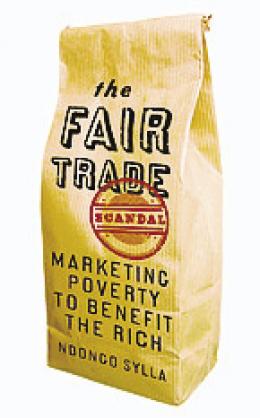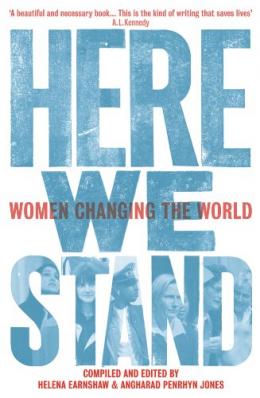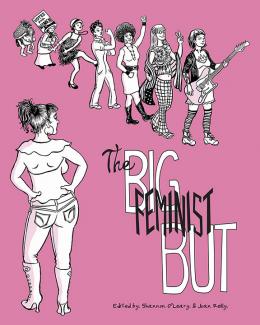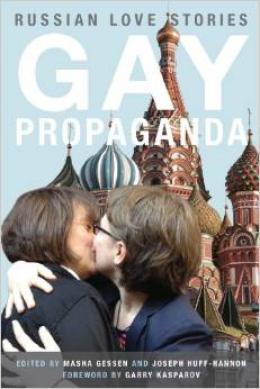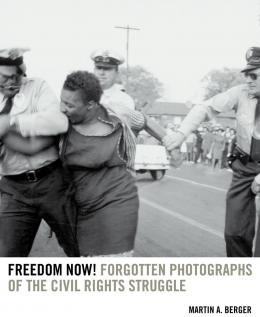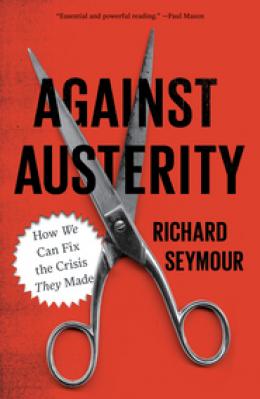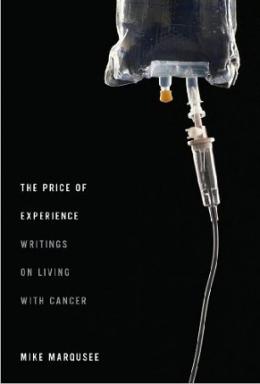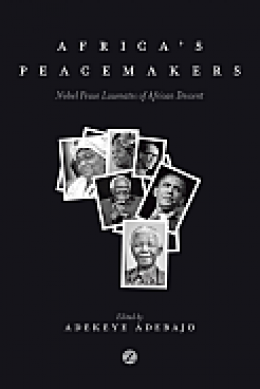‘If we want to weaken the state we must strengthen society.’ Colin Ward reminds me of the fundamental principles that drive my actions, and gives me hope with which I can go forward and get involved in dealing with activist topics. His revitalising principles, encapsulated in this short quote, remind us that thinking about social change need not be an armchair activity, or a bottomless slog, but can be an essential part of ultimately getting stuff done.
Ward wrote about all manner of topics, including land rights, children’s…
Reviews
Does Fairtrade work? In May, a four-year study by academics at London University reported that, for wage workers in Fairtrade and non-Fairtrade producer organisations in Ethiopia and Uganda, Fairtrade status made no difference to poverty levels. The researchers also found evidence that the benefits of the Fairtrade premium, distributed to producer communities, were not fairly shared.
The Fairtrade Foundation responded that the results were not representative of the success of Fairtrade as the study did not compare like with like…
‘Napalm was born a hero’, argues Columbia University’s Robert Neer about the creation of the sticky, jellied incendiary by US scientists in the Second World War.
Burning at over 800 ° C, napalm played a decisive role in the Pacific War, with perhaps 100,000 Japanese dying in the infamous napalm attack on Tokyo on 9 March 1945. The US ‘scorched and boiled and baked to death’ more people in that one night than died in Hiroshima and Nagasaki combined, according to US air force general Curtis LeMay.
Its horrific effects on…
In historian Timothy Garton Ash’s book The File, there’s an anecdote about a prominent East German activist finally figuring out who the very-well-informed spy was in her life (names had been blacked out in the files she could see). It was her husband.
He had romanced her in order to get a paid job feeding back information to the Stasi, the East German secret police.
I often used this as an example of just how corrupt East German society was. That sort of thing, I thought, wouldn’t happen in the UK. Sure, the…
Every now and then, I am sent a book to review that is an absolute pleasure to read from cover to cover. This marvellous collection of interviews and essays by women activists is one such book.
I have to confess to having a personal investment – one of the essays is by my friend Zoe Broughton, and I know several of the women featured – but I suspect that might be true of many PN readers. For, between them, the interviewees have been involved in every major campaign in the UK in the last thirty years: preventing ‘honour…
Putting food on the table could be considered a prerequisite for revolutionary social change. ‘Grub first, then ethics’, as Brecht had it. So let’s get the grub right, at least. Which isn’t perhaps exactly what Brecht meant, but as the authors of this book recognise, ‘food has become the most prominent area in which people try to realise an alternative economy’.
The current global food system is well known for sucking value out of the social world and bottoming-out natural ecologies. The authors do not waste much time rehearsing…
‘Feminism,’ writes Noah Berkatsky in the afterword to The big feminist BUT... , ‘is about how gender is false; being a woman doesn’t define who you are. But it’s also about how feminism is real, and being a woman really does matter. And those contradictions are why so many people look at feminism and want to add a “but”.’
More playful than polemic, this anthology sees 43, mostly US-based, comics creators giving their personal takes…
As writers and analysts for one of the military’s key journals - Jane’s Intelligence Review - Ann Rogers and John Hill have respectable military credentials. Nevertheless much of the analysis in this important and engaging overview of the drone wars could easily grace the pages of Peace News.
Chapter by chapter the book investigates the key aspects of the use of armed drones, including tracing their history, the effect on military doctrine, ethical and legal issues, the impact on the ground and the…
Until recently the 1911 Census Boycott was seen as another colourful Suffragette tactic in the ongoing campaign for women's suffrage. But Vanishing for the Vote reveals it to have been an episode of high drama – personal and political, private and public. In proposing that women boycott the census, Suffragettes intensified the 'battle for democracy', asking, Which side are you on: the paternalistic state, or the grassroots campaign for citizenship?
This was a near-perfect example of civil disobedience 'propaganda by deed',…
Every one of us, proclaims Article 18 of the Universal Declaration of Human Rights, 'has the right to freedom of thought, conscience and religion'.
However, there are many ifs-and-buts standing between the rights codified in the world's several international instruments and the respectful treatment of actual conscientious objectors (COs) to military service in any given country today. Őzgűr Heval Çinar, lawyer and activist in support of CO rights, has produced a valuable analysis of the development over time of the legal 'right to…
Publication of this book was rushed to coincide with the Sochi winter Olympics, and it shows. It shows, because – and the editors admit this – the spectrum of experiences is limited to mostly well-off Russian gays and lesbians, mostly couples with higher education and the ability to travel abroad. The publication of the book is a response to a wave of state-sponsored homophobia in Russia, culminating in a bill banning 'propaganda of non-traditional sexual relations' - often narrowly interpreted as banning propaganda of homosexuality, but in…
An eight-year-old boy, standing alone outside a courthouse with a handmade sign, is approached by a group of helmeted law enforcement officers. Moments later he will be arrested.
This picture – taken in Selma, Alabama, six days after the Civil Rights Act passed into law, and one of 71 photos reproduced in Martin Berger’s stunning new collection - differs from the most famous civil rights images in a number of significant ways.
For one thing, it highlights the important role played by children in the movement (while frequently…
Richard Seymour, founder of the popular Lenin’s Tomb blog and regular contributor to the Guardian, is one of the smartest, sharpest Leftist intellectuals working in the UK today. After writing books critiquing liberal imperialism, David Cameron and Christopher Hitchens, he has now turned his attention to the 2008 financial crisis and the British government’s austerity agenda.
Seymour’s central concern is that the Left has ‘nothing to show’ for itself after four years of a coalition government committed to cuts on a scale not…
‘When I was diagnosed with multiple myeloma in 2007, I vowed to friends I would not add to the surfeit of cancer confessionals’, Mike Marqusee writes in his introduction to this collection of essays. It was, however, a promise he ‘should have known’ he wouldn’t keep. And thank goodness he didn’t, because this is no ordinary account of living with cancer, and is probably the finest writing I’ve ever come across on the subject.
For Marqusee isn’t particularly interested in telling us about the progress of his disease as most writers…
This book gives accounts by various writers – including its editor, Adekeye Adebajo – of the chequered journeys of some interesting personalities, all of whom have won what, to some, is the most coveted prize in the world today.
The list of prize winners includes Ralph Bunche, Martin Luther King and Barack Obama (all from the US); Albert Luthuli, Desmond Tutu, Nelson Mandela and Frederik Willem de Klerk (all from South Africa); Anwar Sadat and Mohamed El Baradei (both from Egypt); Ellen…



